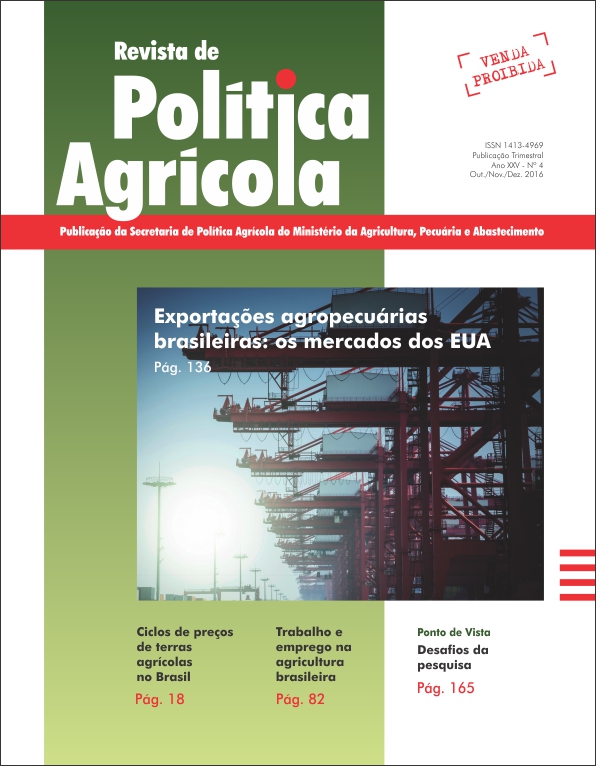Differentials of income in rural areas of Brazil
Keywords:
occupational categories, wage inequality, discriminationAbstract
This study aimed to analyze income inequality in rural regions, disaggregating by occupational categories, as well as to check the influence of the effects allocation and discrimination based on gender and race in wage differentials in Brazil and Regions. For this, we used the decomposition of Melly (2006), Blinder (1973), and Oaxaca (1973) to measure the characteristics and discriminatory effects. From these methodologies and data from the Pesquisa Nacional por Amostra de Domicílios – PNAD 2014 - PNAD 2014, it was observed that the results for Brazil followed according to the literature for both average and for all quantiles. The decomposition of wage differentials between genders shows that the endowment effect acts to reduce the pay gap, as women have better educational levels. As for the decomposition of income differentials between races, the results showed that the effects of discrimination and allocation were negative, and the two effects responsible for the increase in inequality. Considering the regions, there were particular, in that the effects for gender and race distune for some occupationsDownloads
How to Cite
Costa, R. A., Costa, E. M., & Mariano, F. Z. (2017). Differentials of income in rural areas of Brazil. Revista De Política Agrícola, 25(4), 112–135. Retrieved from https://rpa.sede.embrapa.br/RPA/article/view/1207
Issue
Section
Artigos Científicos


